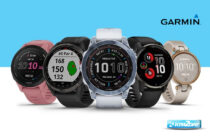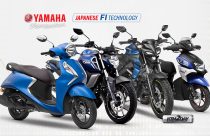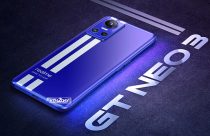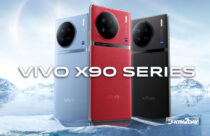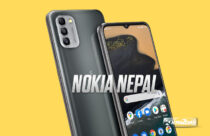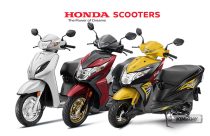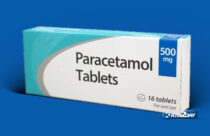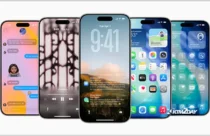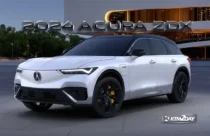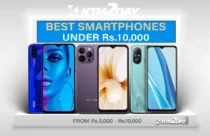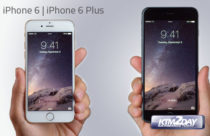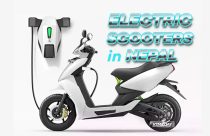Nokia 1280 Price in Nepal
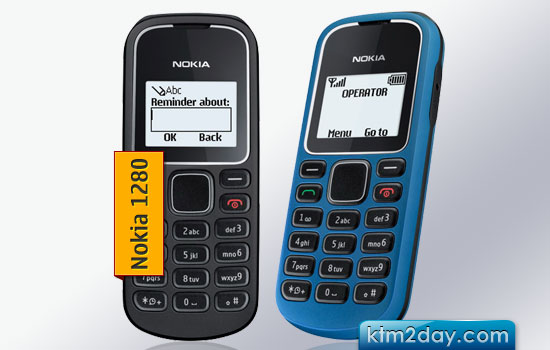

Nokia, a titan of the mobile industry during it’s golden period, carved out a dominant position by consistently delivering robust and user-friendly devices tailored to these needs.
It is within this historical context that the Nokia 1280 emerges as a significant artifact. Announced in November 2009 and released in March 2010, this ultrabasic dual-band GSM phone was a strategic offering from Nokia.
It was specifically engineered for emerging markets and developing countries, designed as a low-cost device primarily targeting first-time phone buyers.
The phone’s design philosophy underscored a commitment to widespread accessibility over cutting-edge technology, a business model that sharply contrasted with the nascent smartphone trend beginning to take hold.
This approach allowed Nokia to penetrate vast segments of the global population, providing essential communication tools to millions.
Notably, the Nokia 1280 holds a unique place in history as the last Nokia phone to feature a monochrome display, marking the symbolic end of a significant era in mobile technology.
Its existence reflects a pivotal moment: the twilight of Nokia’s feature phone dominance and a transition away from a fundamental display technology that had defined an entire generation of mobile phones.
Nokia 1280 Specifications
The Nokia 1280, while basic by modern standards, packed essential features into a durable and affordable package. The table below outlines its key specifications:
| Feature | Detail |
| Network Technology | GSM |
| Frequency Bands | 900/1800 MHz |
| Dimensions (HxWxT) | 107.2 x 45.1 x 15.3 mm |
| Weight | 81.95g / 82g |
| Form Factor | Candybar |
| Available Colors | Black, Blue, Gray, Orchid, Orange |
| Display Type | Monochrome graphic |
| Screen Size | 1.36 inches (3.45 cm) |
| Resolution | 96 x 68 pixels |
| Pixel Density | ~87 ppi |
| Battery Type | Li-Ion (BL-5CB) |
| Battery Capacity | 800 mAh |
| Standby Time | Up to 528 hours |
| Talk Time | Up to 8 hours 30 minutes (510 mins) |
| Connectivity | Bluetooth: No, Irda: No, WLAN/Wi-Fi: No, USB: No, GPS: No, GPRS: No, EDGE: No, 3G: No |
| Audio Jack | 3.5mm Headphone Jack: Yes |
| FM Radio | Yes |
| Flashlight | Yes |
| Preloaded Games | Bounce, Rapid Roll, Snake Xenzia |
| Phonebook Capacity | 500 entries |
| Call Records | 20 dialed, 20 received, 20 missed calls |
| SIM Type | Mini-SIM |
| Price NPR | Rs. 1790 |
The explicit listing of “No” for modern connectivity options such as Bluetooth, Wi-Fi, and 3G starkly highlights its limitations in today’s digital landscape. However, the presence of features like an FM radio and a flashlight underscores its deliberate focus on providing essential utilities for its target market, reinforcing its “ultrabasic” positioning.
Robust Build: Built to Withstand Daily Life
Durability was a cornerstone of the Nokia 1280’s design, reflecting a deep understanding of the conditions in its target markets. The phone featured a dust-resistant keypad, a vital attribute for regions where environmental dust and debris could easily compromise device functionality. Furthermore, it came with scratch-resistant interchangeable covers, available in a range of colors including Black, Blue, Gray, Orchid, and Orange.
Price and Availability in Nepal
The Nokia 1280 was consistently positioned as an ultra-affordable device globally. At its release, it was priced around 20 EUR , approximately 1105 Indian Rupees , or 990 Philippine Pesos.
In Nepal, the Nokia 1280 is currently listed at NPR 1,599 on local e-commerce platforms such as Sybazzar.com. While it is an older model, its continued presence on such platforms suggests some lingering availability, likely through niche markets, as refurbished units, or from remaining old stock.

